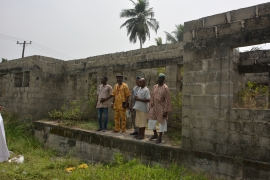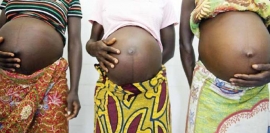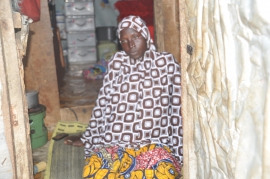Nigeria’s booming abortion black market
The price of abortion in Nigeria ranges from N250 to a woman’s life.
Although they are officially sold in Nigeria for the prevention and treatment of post-delivery bleeding, abortion drugs are increasingly getting popular and their potential implications are far-reaching, pitching the country’s hard stance on abortion against the stark reality doctors and healthcare providers daily contend with at their clinics.















